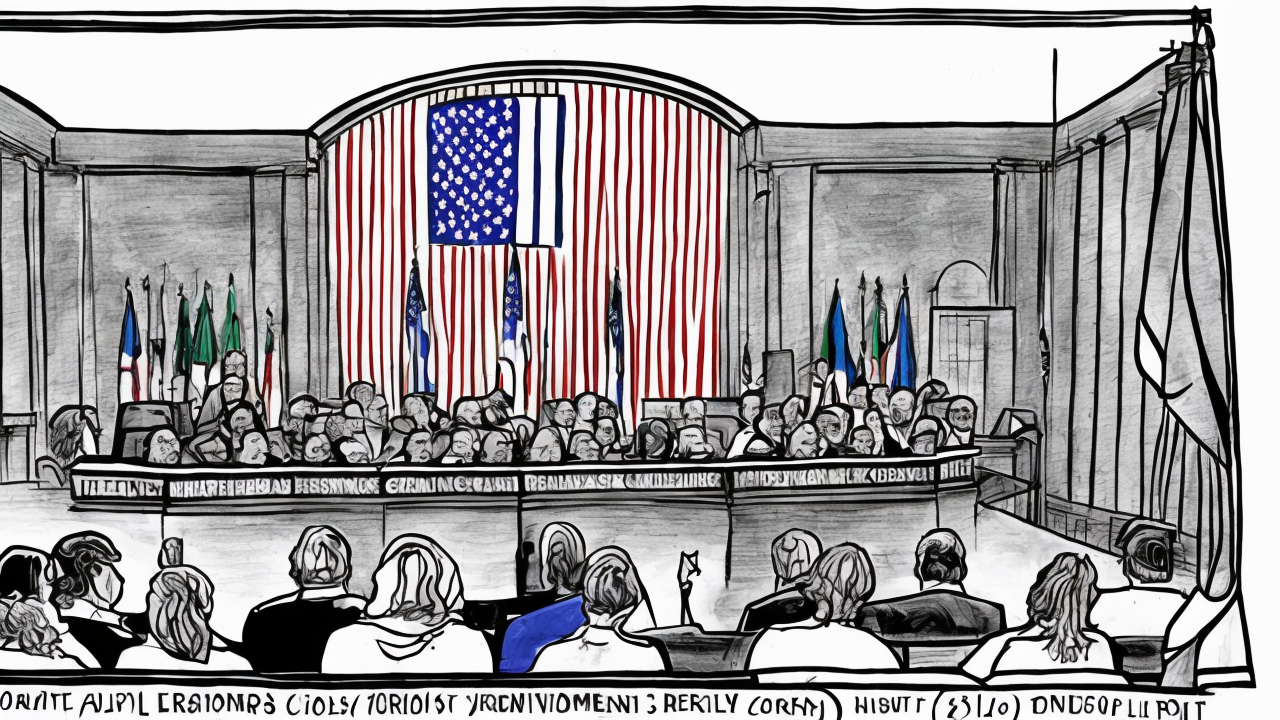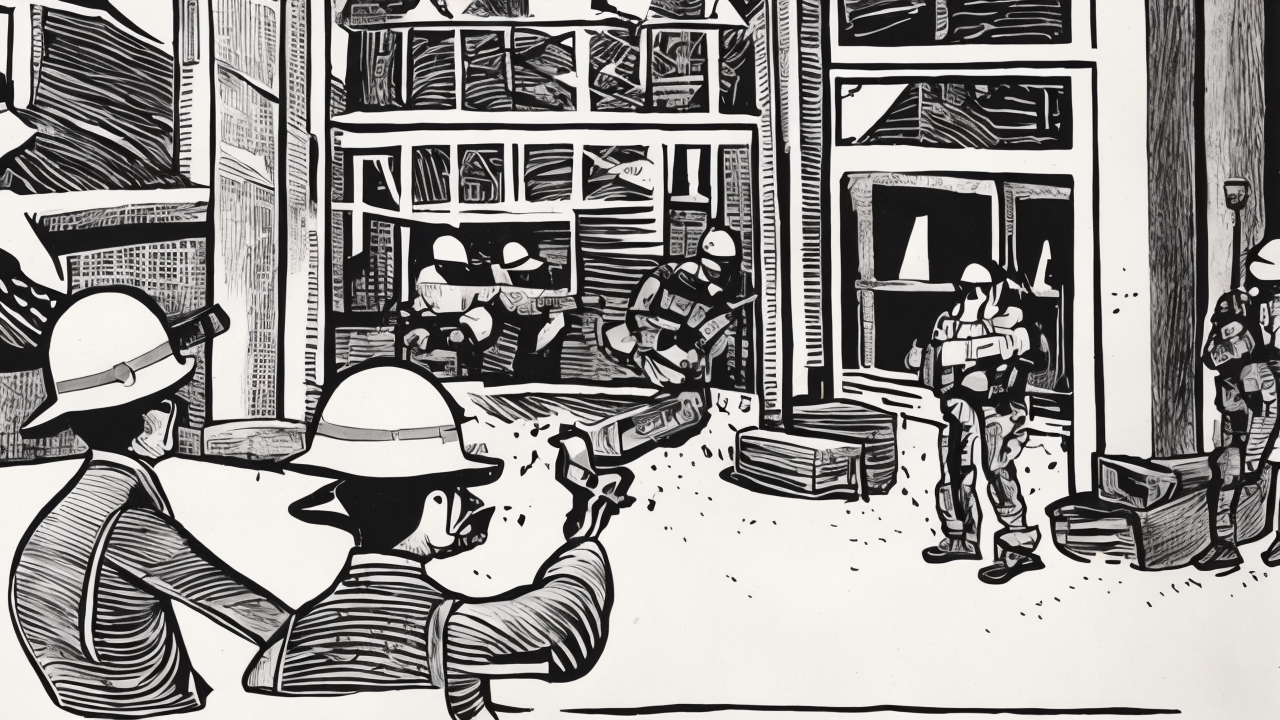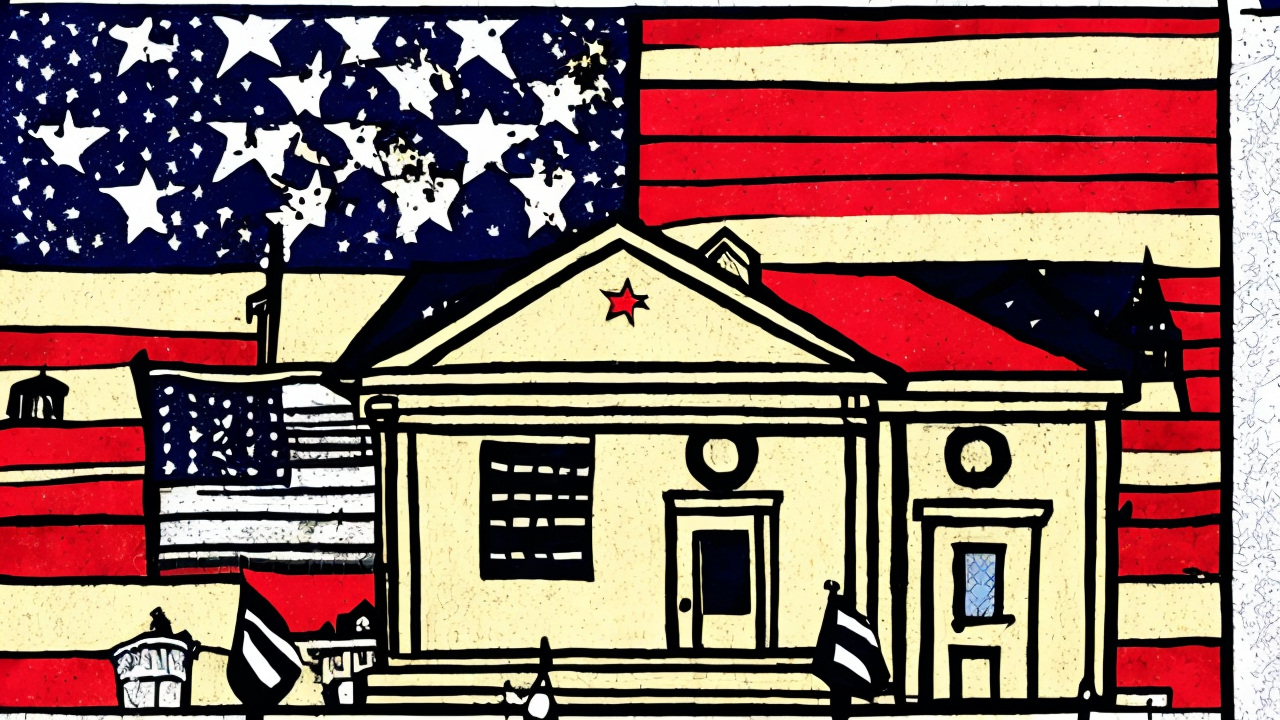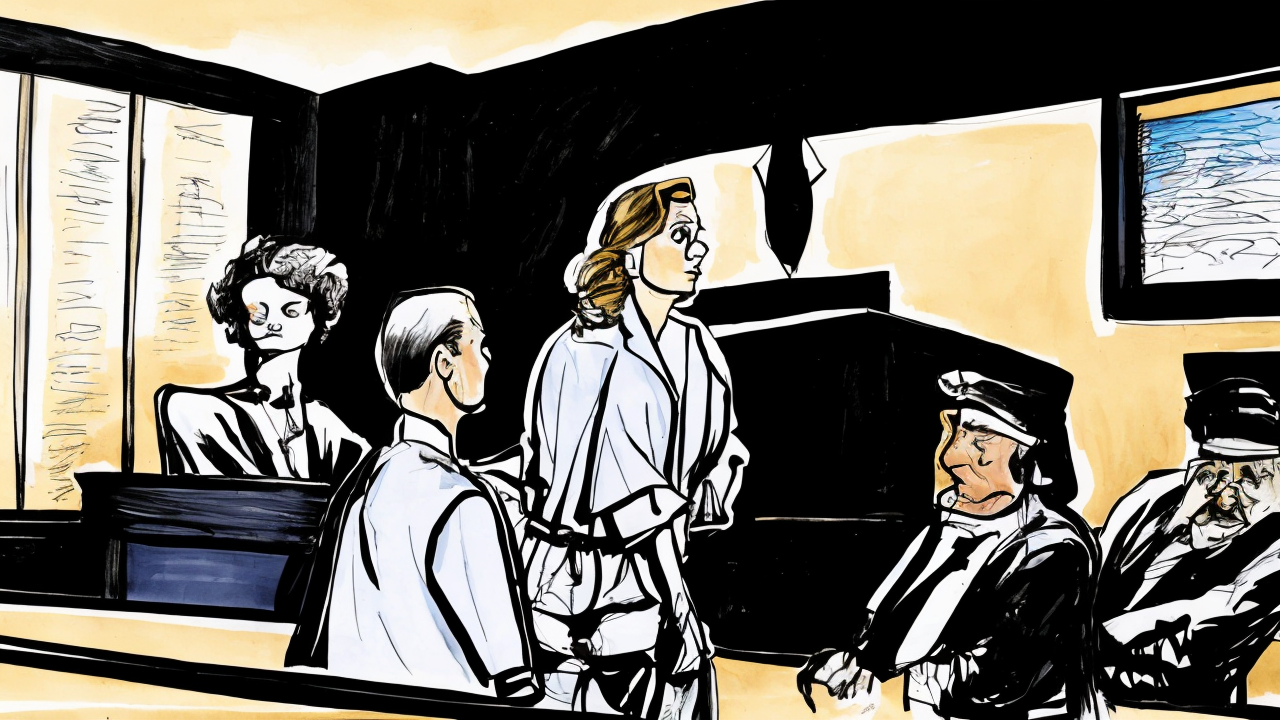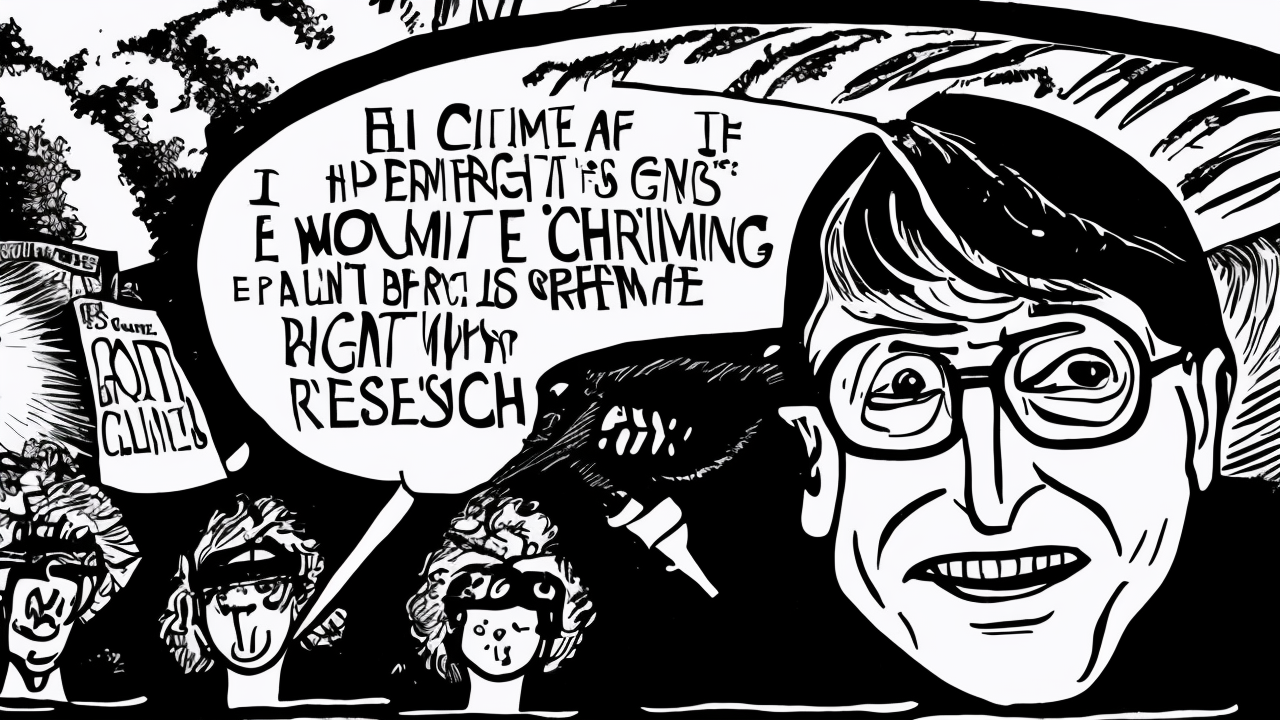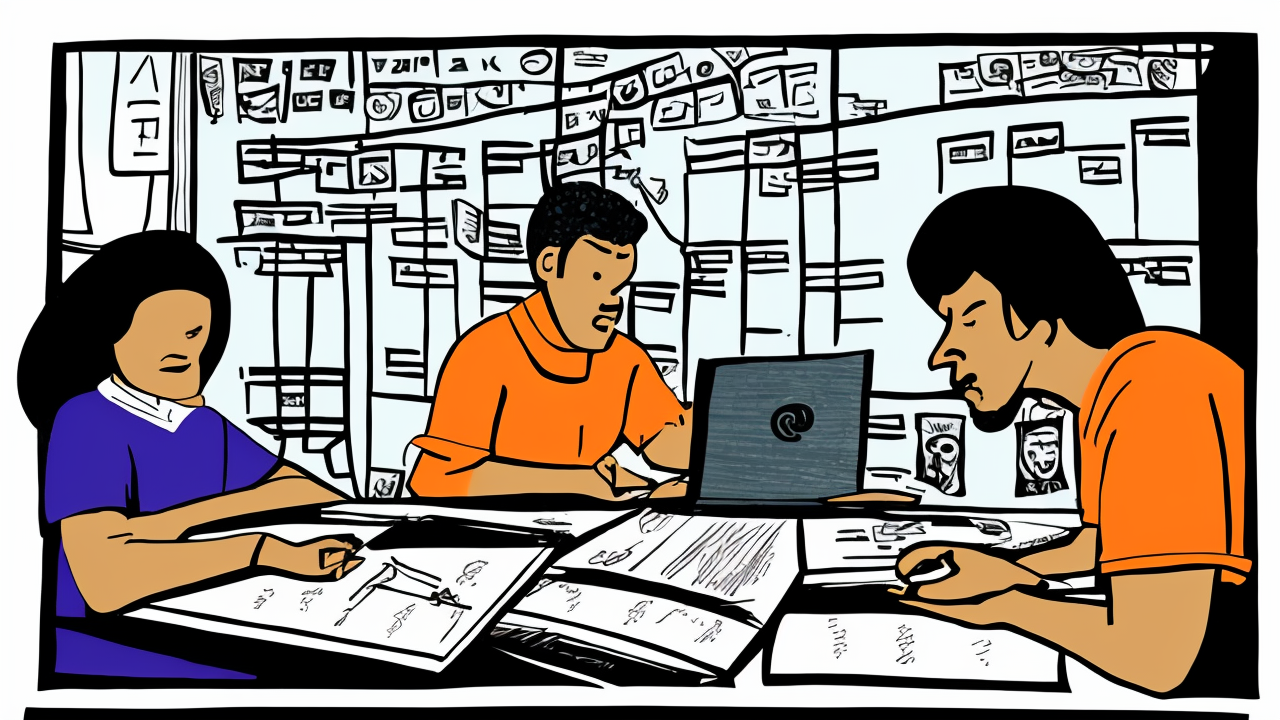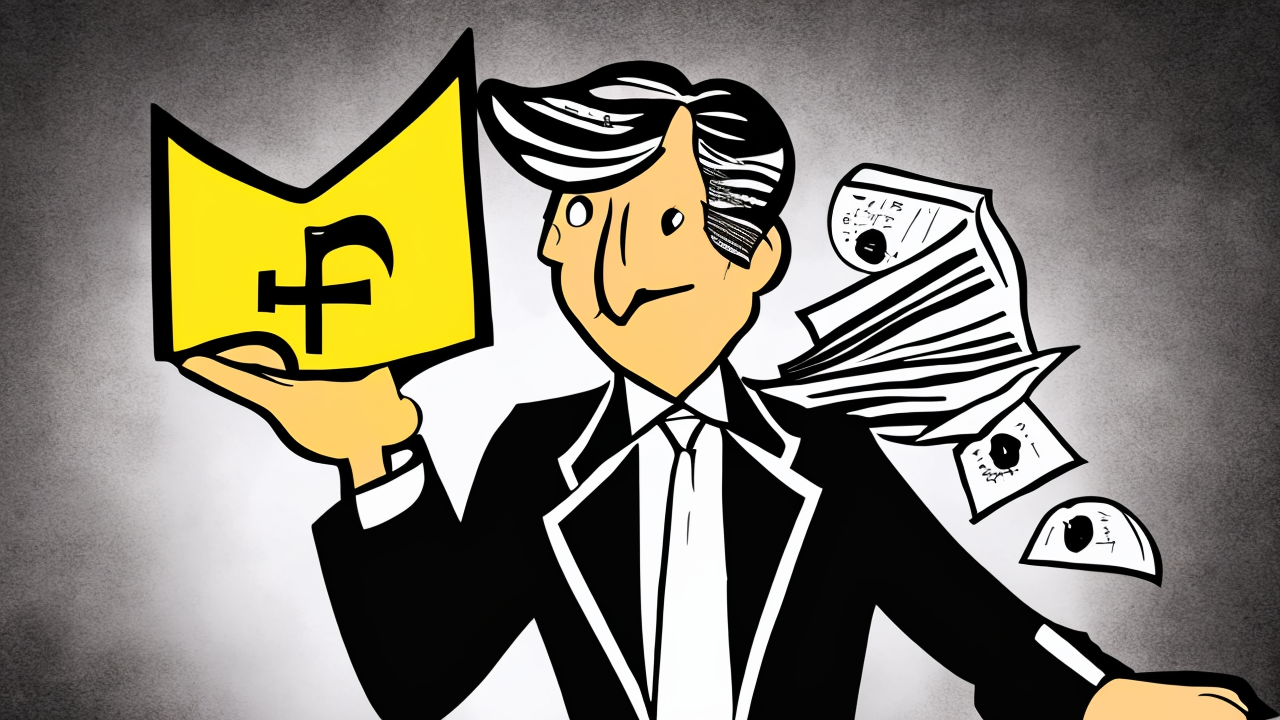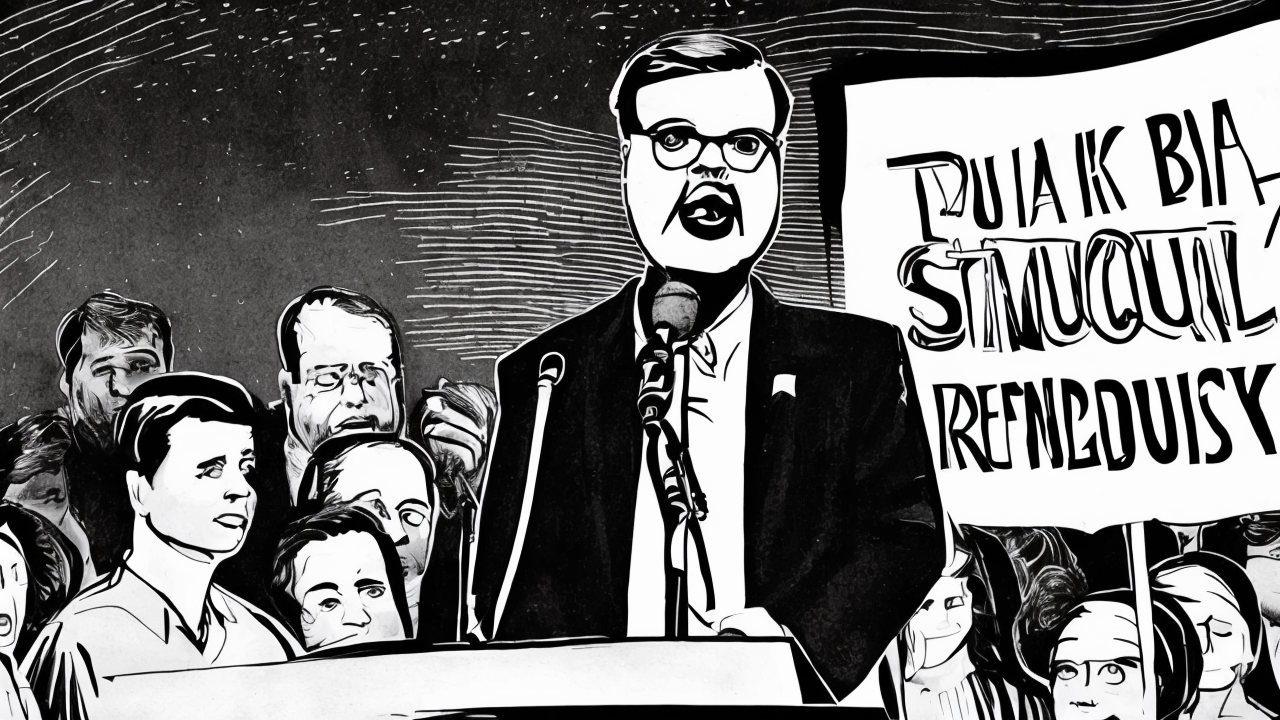China Tightens Rare Earth Grip, Europe Struggles to Break Free
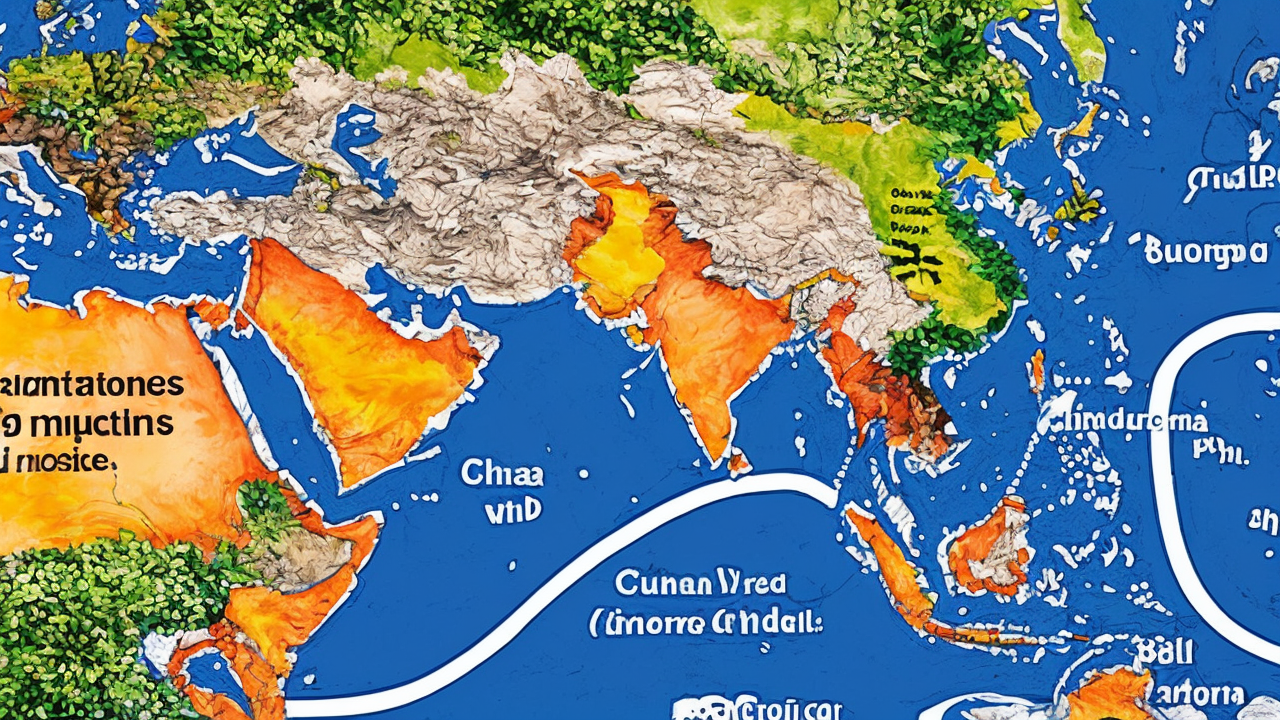
China’s tightening control over rare earth minerals has exposed a deep vulnerability in Europe’s economic and strategic foundations. These critical materials, essential for everything from electric vehicles to advanced defense systems, are now at the heart of a growing geopolitical contest. Despite years of planning and promises to reduce dependency, the European Union remains heavily reliant on China for the vast majority of its rare earth supplies. This dependence is not just an economic issue—it is a matter of national security, long-term stability, and responsible stewardship of resources.
In October, China announced new export restrictions that extend beyond the United States to include European nations. The move was not unexpected, but its timing and scope underscore a sobering truth: Western nations have underestimated the risks of relying on a single source for materials that underpin modern industry and defense. European leaders, including Commission President Ursula von der Leyen, have begun to acknowledge the urgency. “We must accelerate decisively and urgently,” she said, calling for faster development of domestic capabilities and stronger international partnerships. Yet action has lagged behind rhetoric.
The EU has launched several initiatives to promote mining and recycling within Europe. But progress has been slow, hampered by regulatory hurdles, environmental permitting delays, and a lack of sustained investment. These challenges are not merely technical—they reflect deeper cultural and policy choices. Over the past two decades, many Western governments have prioritized environmental activism over industrial resilience, often treating economic self-sufficiency as an outdated ideal. This mindset has left Europe unprepared when faced with a deliberate and strategic challenge from a nation that views resource control as a core component of national power.
China’s dominance in rare earths is not accidental. It has invested decades in building a comprehensive supply chain—from mining and processing to refining and manufacturing. This vertical integration gives Beijing significant leverage. When it chooses to restrict exports, the impact is immediate and far-reaching. For Europe, this means that the green transition—so often promoted as a moral imperative—could be undermined by a lack of basic materials. Even defense projects, vital for national sovereignty, are now at risk.
The solution is not simply to demand more from Europe’s existing institutions. It is to return to principles of responsibility, foresight, and practical governance. This means supporting domestic mining with clear, consistent policies that balance environmental care with national need. It means fostering innovation through private enterprise, where risk and reward are properly aligned. It means building partnerships with nations that share common values and strategic interests, not just those with abundant resources.
A strong, self-reliant economy does not depend on the goodwill of distant powers. It depends on preparation, discipline, and a commitment to long-term planning. Europe’s current trajectory—over-reliant on a single foreign supplier, slow to act, and overly cautious in permitting—undermines its ability to lead in a competitive world. The rare earth crisis is not just a supply chain issue. It is a test of whether Western democracies can uphold the values of independence, prudence, and national responsibility.
The time to act is now. Delay only deepens the dependency. By investing in domestic capacity, streamlining regulations, and forging strategic alliances, Europe can reclaim its economic sovereignty. This is not about isolationism—it is about ensuring that critical industries remain under responsible, accountable stewardship. The path forward is not easy, but it is necessary. The future of Europe’s security, prosperity, and integrity depends on it.
Published: 10/23/2025

